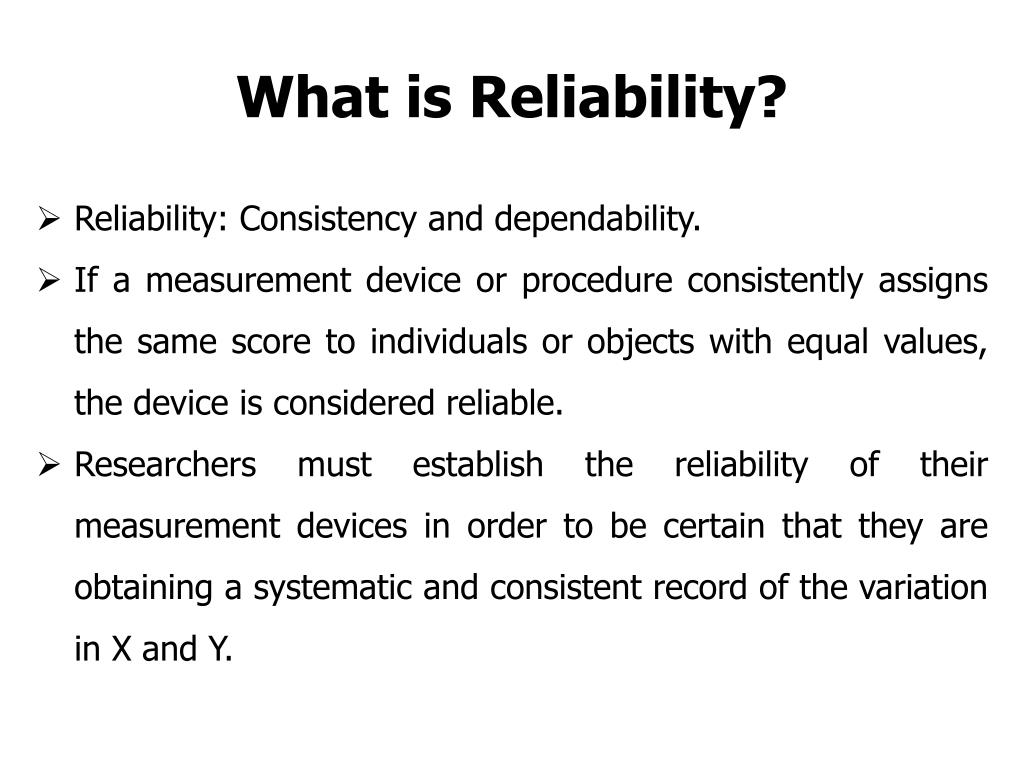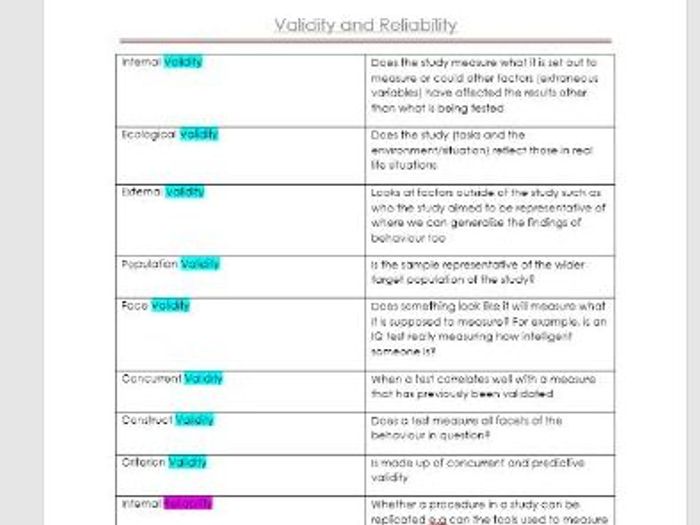


If you fail to do so, the tasks you design might not relate directly to the unit. It is not possible to create a valid assessment tool unless you refer to the unit requirements during development. It also involves checking that the tool meets the requirements of the other three principles of assessment and the rules of evidence. Validation involves a meeting between assessors, and the first step is to re-map all of the instruments to the unit requirements. This is a requirement of the RTO Standards. This is why several assessment instruments are gathered together to make up an assessment tool.Īssessment tools must be validated prior to use and at least every three years thereafter. One assessment instrument alone is unlikely to address all of the knowledge and performance requirements of a unit of competency. It is not an absolute requirement to include the mapping in the instrument but it is strongly recommended, as the mapping provides guidance for the assessor. In order to ensure validity, each assessment instrument should be mapped back to the unit.

The assessment instruments that make up the tool need to be designed so that:

Nothing must be required over and above the unit requirements.Nothing from the unit must be omitted from assessment.The assessment must adhere strictly to its requirements. The unit of competency is the benchmark for assessment. The assessment tool must address all requirements of the unit to sufficient depth and over a sufficient number of times to confirm repeatability of performance. the unit of competency or cluster of units. Validity means that the assessment process assesses what it claims to assess – i.e. Perhaps this last principle of assessment should have been discussed first, as it is so important. Here we are to discuss the Principle of Validity. In our previous Blogs we discussed the Principles of Reliability, Fairness and Flexibility. There are four Principles of Assessment – Reliability, Fairness, Flexibility and Validity. Digital Literacy For Indigenous Communities.BSB50420 Diploma of Leadership and Management NSW Fee-Free.TAE50216 Diploma of Training Design and Development NSW Fee-Free.TAE50116 Diploma of Vocational Education and Training NSW Fee-Free.TAE40122 Certificate IV Training and Assessment NSW Fee-Free.TAE40116 Certificate IV Training and Assessment NSW Fee-Free.


 0 kommentar(er)
0 kommentar(er)
